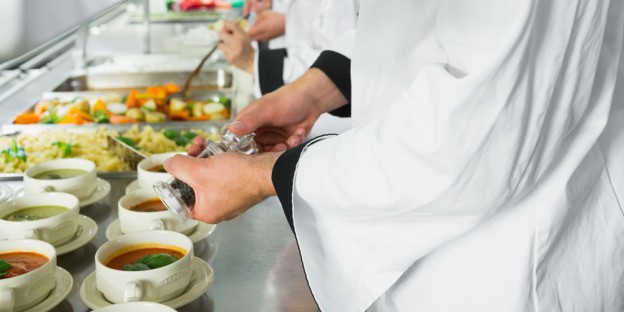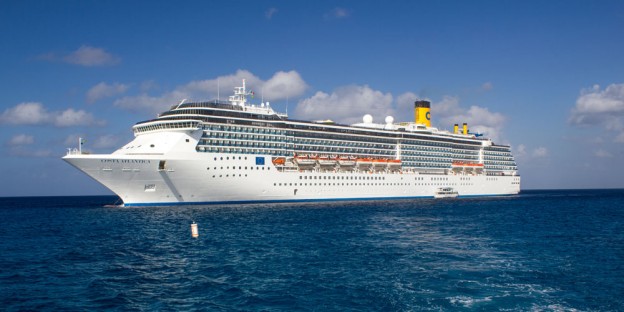Cruise ship chefs lead a complex life – they must make food that looks good and tastes good from a variety of ingredients available to them on board. Most guests would like to taste a little bit of everything but also not feel hungry even after they’ve eaten.
It’s important to try and incorporate dishes that will give them energy to sustain themselves through the hundreds of activities on board and in port without feeling like they haven’t eaten at all. One key to main meals is to ensure they are balanced – carbohydrates, proteins, and fats. Proteins like fish, poultry and meat keep stomachs full and can sustain even the very active guest comfortably. For those with dietary restrictions, beans and legumes are healthy and equally filling substitutes.
Nori or seaweed is known to make people feel fuller after a meal and less likely to indulge in between, so Japanese dishes such as sushi incorporating this wonder food can help slow down binge eating. Potatoes – baked, steamed and boiled – are healthy alternatives to fries and chips that keep the stomach happy.
To make soups and salads more filling, add some chia seeds to bulk up the fibre and protein content. They are so versatile they make a delicious addition to breakfast cereals, vegetable and rice dishes, or even as toppings for smoothies, yogurts, sauces, drinks and baked items.
Another wonder food that can help guests curb hunger pangs is avocado. From the dipping sauce alongside nachos or salad additions or even as a vegetarian or low-calorie substitute for mayonnaise in burgers, avocados do a lot of good.
One of the best ways to ensure your guest’s day gets off to a fulfilling start is to offer a variety of eggs. This is easily one of the most common requests for breakfast on board and can be incorporated into snacks or salads to add some weight to the dish.
Soups are also the perfect way for guests to ensure they fill up and don’t go overboard on the eating. Boosting it with fibre-rich vegetables or beans could even turn it into a meal substitute for older folk and little children, while ensuring those in-between have the choice to take it easy on some nights without waking up with midnight munchies.
Nuts are a quick-fix hunger management system. Throwing in a handful into salads, garnishing main dishes or smoothies, offering nut bread or spreads, and even simply using them in desserts helps keep guests full and satisfied.
For those who are also watching their weight, it is ideal to offer filling grains through the day, such as oats for breakfast and brown rice for meals. Some nutritionists even suggest swapping brown rice for black rice, which can be added to wraps such as burritos too. Green vegetables and fresh fruit are excellent options for low-calorie snacks that keep guests full.
One way to ensure that guests don’t leave a cruise feeling unhappy about weight gain is to ensure you serve delicious food that keeps them full for longer.



